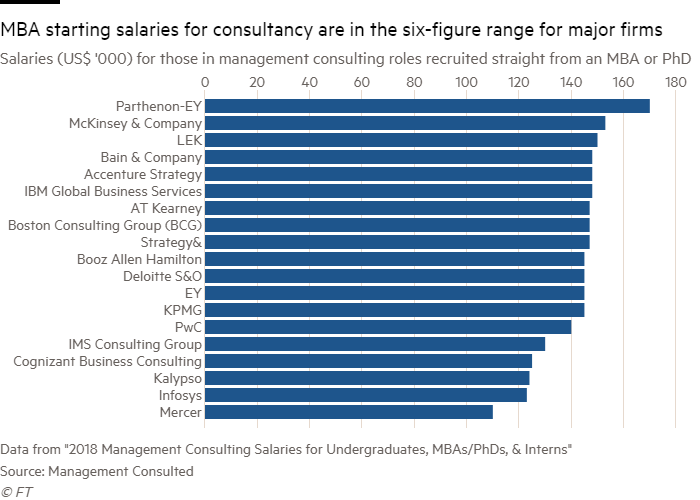
Knowing the best time of year to look for a job is crucial to your chances at landing that dream job.
The time is best depending on your job search needs, career field, and current economic conditions. While you may find a job anywhere, if your goal is to be in the top positions within your industry, it's best to search for opportunities during peak hiring periods.
January and Februar are the best months of the year to find a job
According to Indeed, job site, January sees a 9.4% increase in job postings compared to December's 7.2%. The reason is that the beginning of the year brings with it a sense of promise. This can be motivating for people to go out and find a new opportunity.

January is also a great time to look for a job because companies tend to have final budget approvals for hiring in January, and they'll be able to begin advertising jobs again. Many companies will also pay their annual bonuses to employees in December. That means they'll have a backlog for open positions.
A higher demand for workers makes spring and early-summer great times for job searches. This is because companies will launch new products and will require employees to help them succeed.
Because many of the key staff are on vacation, June, July, and August are not good months to search for a job. This can slow down interview processes, but it is possible to still find a great job if your network is strong.
Although September and Oktober are slower than other months they're still great months for looking for work. This is the best time to schedule interviews, as hiring managers are returning from summer vacations. There's less back and forth with out-of office personnel, which results in fewer delays, and a quicker overall hiring process.

If you're planning on starting a business, there are several things to consider before you jump into it, including how old you are and what type of experience you have under your belt. After you have built up some connections and experience, the best time is to start a new business.
Due to the increased demand for employees, fall is a great time of year to start a company. This could be because there is a greater demand for new services or products. Or because companies need more people to support their growth.
If you're a recent college graduate or someone who has just graduated, the fall season is an excellent time to start a business. You can also use this time to put your business in the limelight and attract investors.
FAQ
What industries use consultants
There are many types and styles of consultants. Some focus on one particular type of business while others specialize in more than one area.
Some consultants are only available to private companies while others work with large corporations.
Some consultants also work internationally and can help companies around the globe.
How does consulting differ from freelancing?
Freelancers, who are self-employed and provide services to clients without the need for employees, are independent contractors. They generally charge an hourly rate depending on how long they spend on a client project. Consultants are usually employed by companies or agencies. Consultants are typically paid either monthly or annually.
Freelancers tend to have more flexibility than consultants because they control their work hours and set their own prices. Consultants, however, often have better benefits such as retirement plans, vacation days, and health insurance.
What should I expect from my consultant
Once you select your consultant, you should expect to hear back from them within a few days. They will often ask about your company's mission, goals and products. Then, they'll send over a proposal outlining the scope of work, estimated time frame, fees, deliverables, milestones, etc.
If all goes according to plan, the two sides will sign a written deal. The type and content of the contract will vary depending on whether the relationship is employer-employee/employer-independent contractor.
If everything goes as planned, the consultant may begin to work immediately. He/she will have immediate access to your internal documents, resources, and you'll be able to access his/her skillset and knowledge.
Don't think that consultants are experts. It takes time and practice to become an expert on any subject you consult. You shouldn't expect your consultant will know everything you need to know about your business.
What happens when the consultant finishes the job?
After the consultant completes his/her work, the final report will be submitted detailing the findings of their work. This report contains all relevant information, such as project timelines and deliverables.
Next, you will review the report and determine if the consultant has met your expectations. You can request modifications or terminate your contract if the report is not satisfactory.
How can I become a successful consultant
First, find a subject you're passionate about. Then you have to build relationships. It is important to understand the needs of clients and their business. The final step is to provide results.
While you don’t necessarily have to excel at every task, you should be better than all the rest. You need passion for what your do. It is not enough to simply say, "I want to become a consultant." It is important to believe in yourself and the work you do.
How do you get clients for your consultancy business?
It is important to identify an area of passion. You can choose to be passionate about anything, from public relations and social media. You might have to start small, such as by finding niche markets like web design. Once you find the right niche, it is important to know what makes it tick. What problems can it solve? What problems can it solve? And most importantly, how can you help them?
You could also approach businesses directly. Perhaps they are looking for someone who can help them understand SEO and content creation or just need advice on social media strategy.
If all else fails you can offer your services at free events such as conferences or networking nights. This will allow you to meet potential customers without the need for advertising and also allows you to showcase your skills.
What are the benefits of being a consultant
Consultants have the ability to choose when and on what they work.
This means that you can work when you want and wherever you want.
It also means you can easily change your mind without worrying about losing money.
Finally, your income can be controlled and you can set your own hours.
Statistics
- Over 62% of consultants were dissatisfied with their former jobs before starting their consulting business. (consultingsuccess.com)
- Over 50% of consultants get their first consulting client through a referral from their network. (consultingsuccess.com)
- My 10 years of experience and 6-step program have helped over 20 clients boost their sales by an average of 33% in 6 months. (consultingsuccess.com)
- According to IBISWorld, revenues in the consulting industry will exceed $261 billion in 2020. (nerdwallet.com)
- WHY choose me: Why your ideal client should choose you (ex: 10 years of experience and 6-week program has helped over 20 clients boost their sales by an average of 33% in 6 months). (consultingsuccess.com)
External Links
How To
How to find the best consultant
First, ask yourself what kind of consultant you are looking for. Before you start looking for someone to work with, it's important that you know your expectations. You should make a list of all the things you need from a consultant. This list could include technical expertise, project management skills, communication skills and availability. You might also want to talk with colleagues or friends about their recommendations. Ask them if they had any bad experiences with consultants previously and see how their recommendations compare with yours. Research online if you don’t already have recommendations. There are many websites, such as LinkedIn, Facebook, Angie's List, Indeed, etc., where people post reviews of their previous work experiences. Use the feedback and ratings of others as a starting point to search for potential candidates. Once you have a short list of candidates, contact them to arrange an interview. Talking through your requirements during the interview is a good idea. Ask them questions about how they can assist you in achieving those goals. It doesn't really matter if they were recommended; as long as they understand your business objectives, they will be able to show how they could help you achieve them.